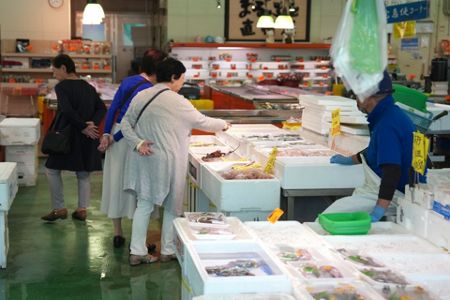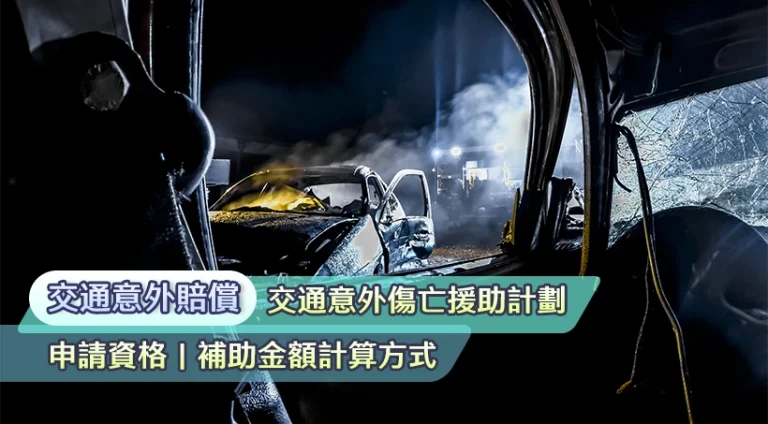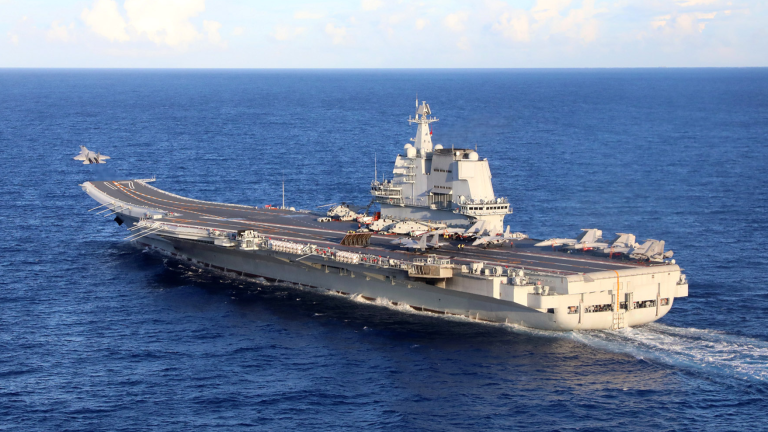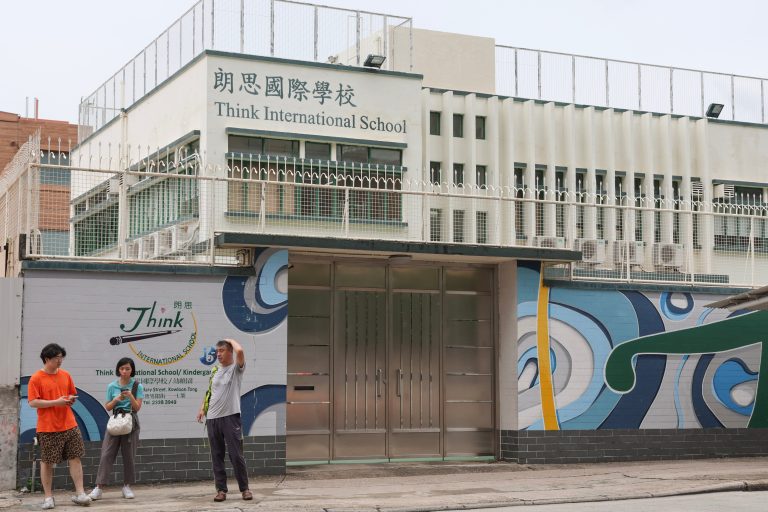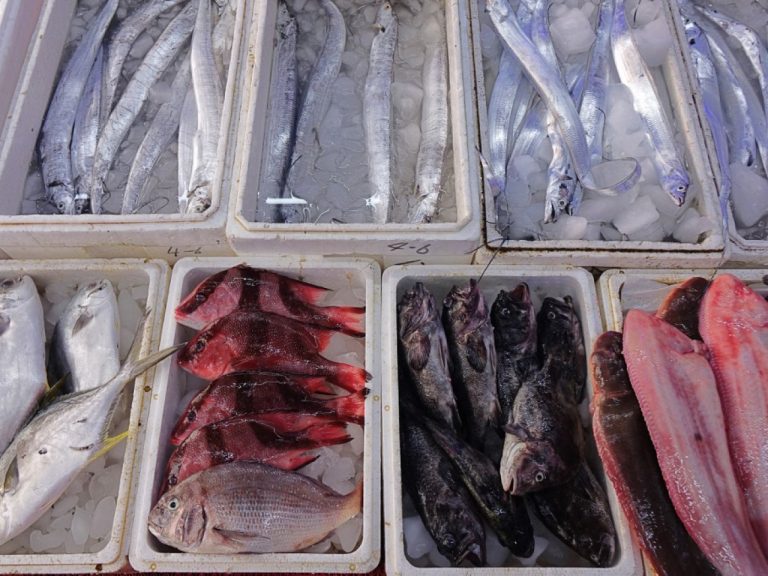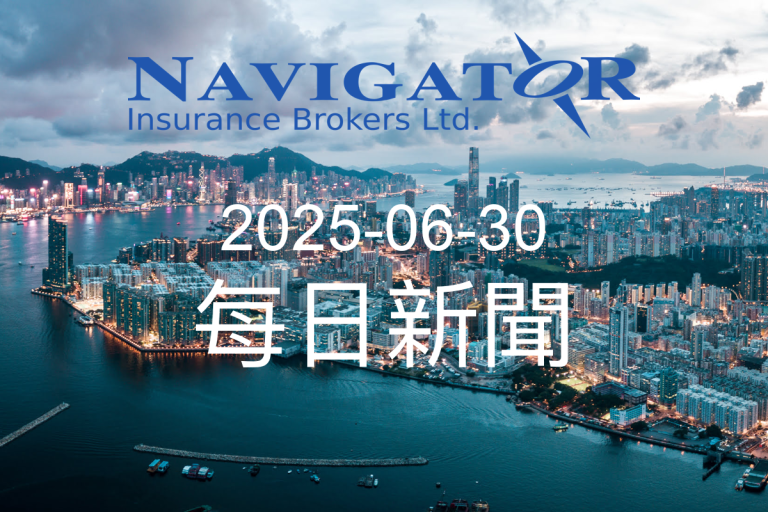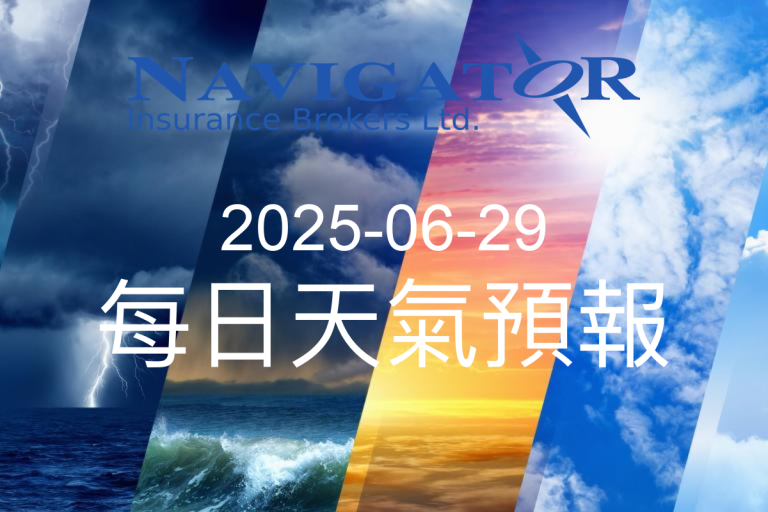In a significant development for international trade and food safety, mainland China has taken a nuanced approach to resuming seafood imports from Japan, carefully navigating the complex landscape surrounding the ongoing nuclear wastewater discharge concerns.
The recent decision marks a carefully calibrated response to the international dialogue about seafood imports, with mainland authorities implementing a conditional resumption of aquatic product imports from select regions of Japan. Critically, this approach is not a blanket policy but a targeted strategy that excludes ten specific prefectures directly impacted by nuclear wastewater discharge considerations.
The Hong Kong Special Administrative Region (SAR) government has positioned itself as a responsive and transparent partner in this process, signaling that any future policy adjustments will be promptly communicated to the public. This commitment to clear communication underscores the region’s approach to managing complex international trade and environmental safety issues.
While the specific details of which Japanese regions are now eligible for seafood exports remain nuanced, the move represents a significant diplomatic and economic signal. It suggests a measured approach to balancing international trade relationships with environmental and public health concerns.
The broader context of this decision intersects with ongoing discussions about nuclear wastewater management and its potential environmental implications. By selectively resuming imports, mainland authorities demonstrate a careful, evidence-based approach to assessing potential risks and maintaining robust food safety standards.
For consumers and businesses in Hong Kong and mainland China, this development signals a potential gradual normalization of trade relations with Japan in the seafood sector. However, the continued exclusion of certain prefectures indicates that caution remains a priority in decision-making processes.

The selective import resumption also reflects the complex geopolitical and environmental dynamics at play in regional trade relationships. It highlights the delicate balance between economic interests, environmental considerations, and public health concerns that governments must navigate in an increasingly interconnected global marketplace.
Stakeholders in the seafood industry, from importers to restaurant owners and consumers, will likely be closely monitoring how this policy evolves. The SAR government’s commitment to transparent communication suggests that further updates could be forthcoming as more information becomes available about the nuclear wastewater situation and its potential impacts.
This development is part of a broader landscape of international trade and environmental policy that requires continuous assessment and adaptive strategies. The mainland’s approach demonstrates a nuanced understanding of the multifaceted challenges involved in managing cross-border food imports in an era of heightened environmental awareness and scientific scrutiny.
As global conversations about environmental safety, nuclear energy, and international trade continue to evolve, this seafood import policy serves as a microcosm of the complex decision-making processes that governments must employ. It underscores the importance of careful, evidence-based approaches that prioritize public safety while maintaining essential economic relationships.
Consumers and businesses are advised to stay informed about potential future adjustments to the import policy, keeping a close eye on official communications from the SAR government and relevant trade authorities.


